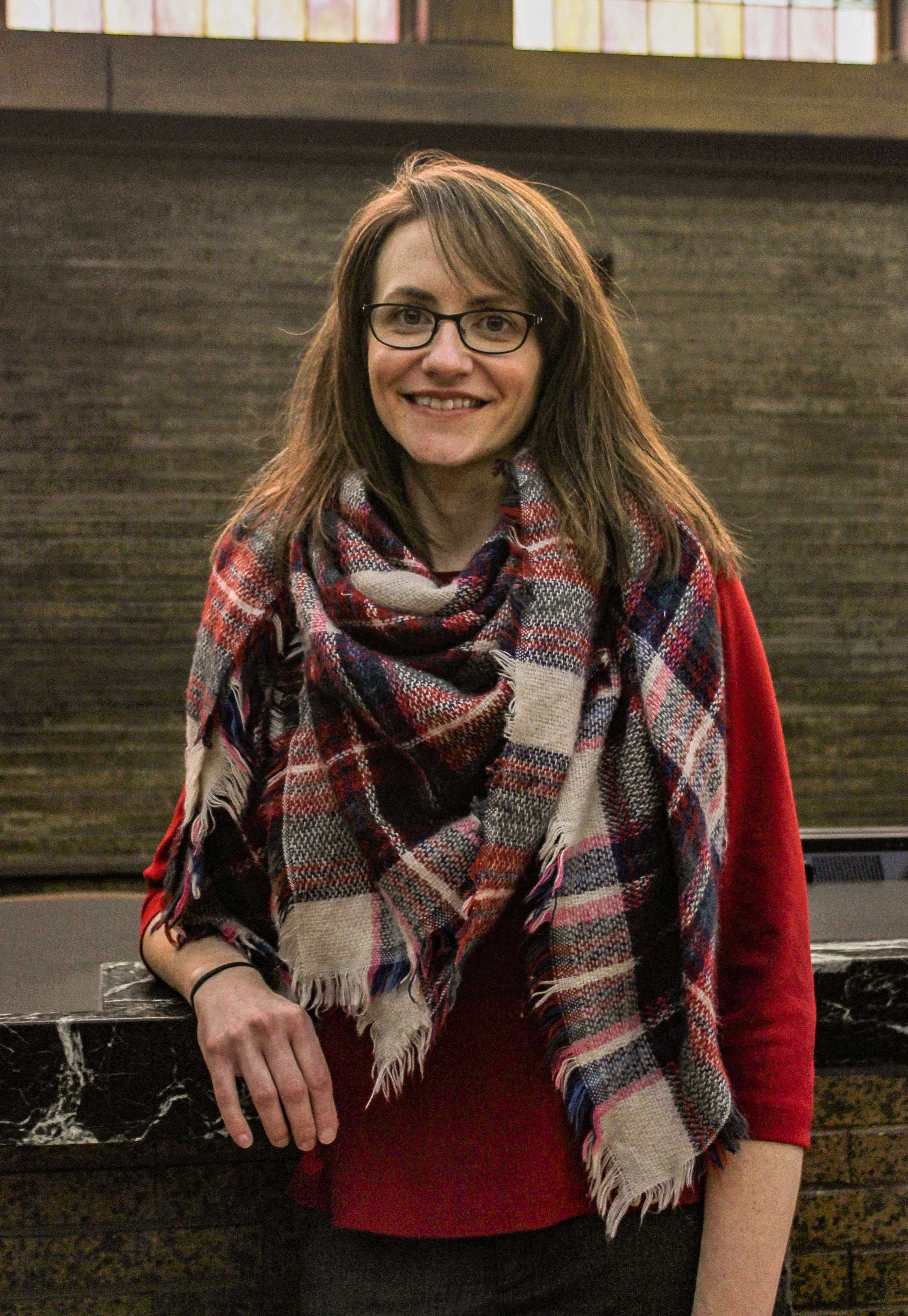
Besides the candidates themselves, the Iowa caucuses bring an increase in statewide economic activity, the effects of which Grinnell business owners and residents witness firsthand.
Most of the caucuses’ impact on the economy can be traced back to the spending of presidential campaigns themselves. Each campaign that comes to Iowa hires a staff, spends money on campaign materials and often sets up shop in multiple commercial properties across the state. The 2020 election has seen a total of 28 Democratic campaigns come to Iowa.
Political science professor Barbara Trish is currently conducting research for a book she and her husband are writing on the 2020 Iowa caucuses.
“The issue of the caucus economy, I think, is sort of always floating under the surface, … it’s certainly something we intend to bring to the surface,” said Trish. “It’s one of the reasons why I think so many Iowans feel that it’s important for the state to maintain an important voice in the selection of the presidential nominees.”
Parties are commonly accused of being motivated by profit in their involvement with campaigns and caucuses. Trish noted that she has observed the complicated nature of party expenses in the leadup to 2020, specifically pointing out the complicated role non-Iowan political consulting and communications firms play in campaign strategy.
“Four years ago, I would have said ‘Oh, [the caucuses are] a big moneymaker for the party.’ And now I’m more inclined to say, ‘Well, there’s money that comes in and there’s money that goes out,’” said Trish.
Last fall break, Trish, who is also director of the Rosenfield Program for Public Affairs, accompanied Grinnell students on a Rosenfield Program-sponsored “study tour” of Iowa to examine the economy of the caucuses. As one component of the trip, participants met with Iowans involved in the hospitality industry to learn about the ways hotels and event venues are affected by the caucuses.
“We went to the [Renaissance Des Moines Savory], which is kind of hotel central for much of the campaign business,” said Trish. “This is an industry that can increase their prices because of the high demand at caucus time. So, if you rent a room … in January of 2019, at a hotel in Des Moines, the cost is going to be lower … if you can get a room at all in January of 2020.”
The increase in demand for hotel rooms affects establishments in metropolitan areas like Des Moines and Iowa City much more prominently than rural communities like Grinnell.
“I would say dollars-and-cents-wise, there is some uptick but it’s certainly not every entourage and every candidate that stays overnight. They’re in a hurry, they’re in and out and they’re slipping from one town to the next in an hour flat,” said Angela Harrington, owner of Hotel Grinnell.
Still, Hotel Grinnell has had opportunities come with the caucuses apart from an increase in the number of overnight stays. A number of candidates, such as Beto O’Rourke and Joe Biden, have rented space at Hotel Grinnell to host campaign events. Last December, the Iowa Farmers Union Annual Convention brought Pete Buttigieg, Bernie Sanders, Cory Booker, Tom Steyer, John Delaney and Amy Klobuchar to Hotel Grinnell’s gymnasium, as well as several national media outlets.
“Sometimes I feel like Horton Hears A Who … and [the caucuses] bring all this national attention right to our town … it was pretty fun watching Hotel Grinnell on CNN, it’s so cool, and we are just very grateful for all of that attention.” said Harrington.
Apart from the direct expenses of campaign activity in Grinnell, other secondhand effects are caused by their presence in town. One of these is an increased presence of campaign field workers seeking to temporarily rent homes and apartments in Grinnell.
Grinnell resident Delphina Baumann is currently renting properties to two different field workers who have been assigned to perform campaign duties in the town since the summer.
“It’s nice for me to see people that may not have come to Iowa have an idea of what it is like to live in a community like Grinnell to kind of offer them a chance to see what that is like,” said Baumann. “So, for me it’s more than just the monetary part, it’s having access to people who otherwise may not live in Iowa.”
Aside from direct monetary contribution to the economy of Grinnell, campaign activity and candidate visits more broadly put Grinnell on the map and bring attention to local businesses at a post-holiday time of year that would otherwise usually be marked by decline.
“We’ve seen a huge influx of candidates in the community and therefore … a lot of folks that are coming to Grinnell for candidates and in anticipation of the caucuses,” said Rachael Kinnick, Director of the Grinnell Area Chamber of Commerce. “[This influx also gets] local residents to come out and see those candidates … sometimes spending money at those establishments [candidates visit] and just kind of in general helping get more people to Grinnell.”
In addition to Hotel Grinnell, local restaurants Prairie Canary, Solera and Saints Rest have hosted candidates stopping in Grinnell along the campaign trail. Kinnick emphasized the uniqueness of this opportunity for Grinnell residents.
“Regardless of your political affiliation, it is a really interesting time that we should embrace … very few people across the country are afforded the same opportunity to go network with a presidential candidate at the coffee shop or the wine bar,” said Kinnick.
























































